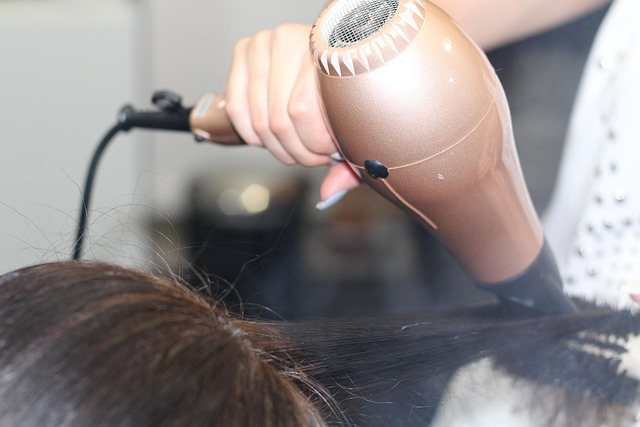
Hyaluronic Acid
Introduction to Hyaluronic Acid
Hyaluronic acid is a naturally occurring substance in the human body, primarily found in connective tissues, skin, and synovial fluid in joints. Its unique ability to retain moisture makes it a key player in various biological functions, including skin hydration and joint lubrication. This article explores the properties, uses, and potential side effects of hyaluronic acid.
What is Hyaluronic Acid?
Hyaluronic acid (HA) is a glycosaminoglycan, a type of molecule that helps maintain the structure and moisture of tissues. It can hold up to 1,000 times its weight in water, making it an excellent hydrating agent. In the body, it plays a crucial role in wound healing, as it helps create a scaffold for tissue growth and repair.
Uses of Hyaluronic Acid
Hyaluronic acid has a variety of applications in both medical and cosmetic fields:
- Skin Care: HA is widely used in skincare products due to its hydrating properties. It helps to keep the skin plump and reduces the appearance of fine lines and wrinkles.
- Joint Health: Injections of hyaluronic acid are often used to treat osteoarthritis. They act as a lubricant and cushion in the joints, potentially alleviating pain and improving mobility.
- Eye Health: HA is found in the eyes and is used in treatments for dry eye syndrome. It helps to maintain moisture and comfort in the eyes.
- Wound Healing: Due to its role in tissue repair, hyaluronic acid is used in various wound healing products to promote faster recovery.
- Cosmetic Procedures: HA is a common ingredient in dermal fillers, providing volume and hydration to areas of the face.
Benefits of Hyaluronic Acid
The benefits of hyaluronic acid extend beyond mere hydration. Some of the key advantages include:
- Enhanced Skin Hydration: Regular use of HA can lead to improved skin texture and elasticity.
- Reduced Joint Pain: For individuals with osteoarthritis, HA injections can offer significant relief from joint pain.
- Support for Eye Health: HA can help maintain moisture in the eyes, providing comfort for those suffering from dryness.
- Accelerated Wound Healing: Its role in tissue repair can help speed up the healing process for cuts and abrasions.
Potential Side Effects
While hyaluronic acid is generally considered safe, some individuals may experience side effects, particularly when used in injectable forms. Possible side effects include:
- Swelling or bruising at the injection site
- Allergic reactions, although rare
- Temporary discomfort or pain
It is advisable to consult with a healthcare professional before starting any new treatment involving hyaluronic acid, especially for those with pre-existing conditions or allergies.
Conclusion
Hyaluronic acid is a versatile substance with numerous applications in skincare, joint health, and medical treatments. Its ability to retain moisture and support tissue repair makes it a valuable component in both cosmetic and therapeutic contexts. As with any treatment, understanding its benefits and potential side effects is essential for making informed decisions about its use.

















 Torrent Sites That Still Work
Torrent Sites That Still Work 
 Health
Health  Fitness
Fitness  Lifestyle
Lifestyle  Tech
Tech  Travel
Travel  Food
Food  Education
Education  Parenting
Parenting  Career & Work
Career & Work  Hobbies
Hobbies  Wellness
Wellness  Beauty
Beauty  Cars
Cars  Art
Art  Science
Science  Culture
Culture  Books
Books  Music
Music  Movies
Movies  Gaming
Gaming  Sports
Sports  Nature
Nature  Home & Garden
Home & Garden  Business & Finance
Business & Finance  Relationships
Relationships  Pets
Pets  Shopping
Shopping  Mindset & Inspiration
Mindset & Inspiration  Environment
Environment  Gadgets
Gadgets  Politics
Politics 